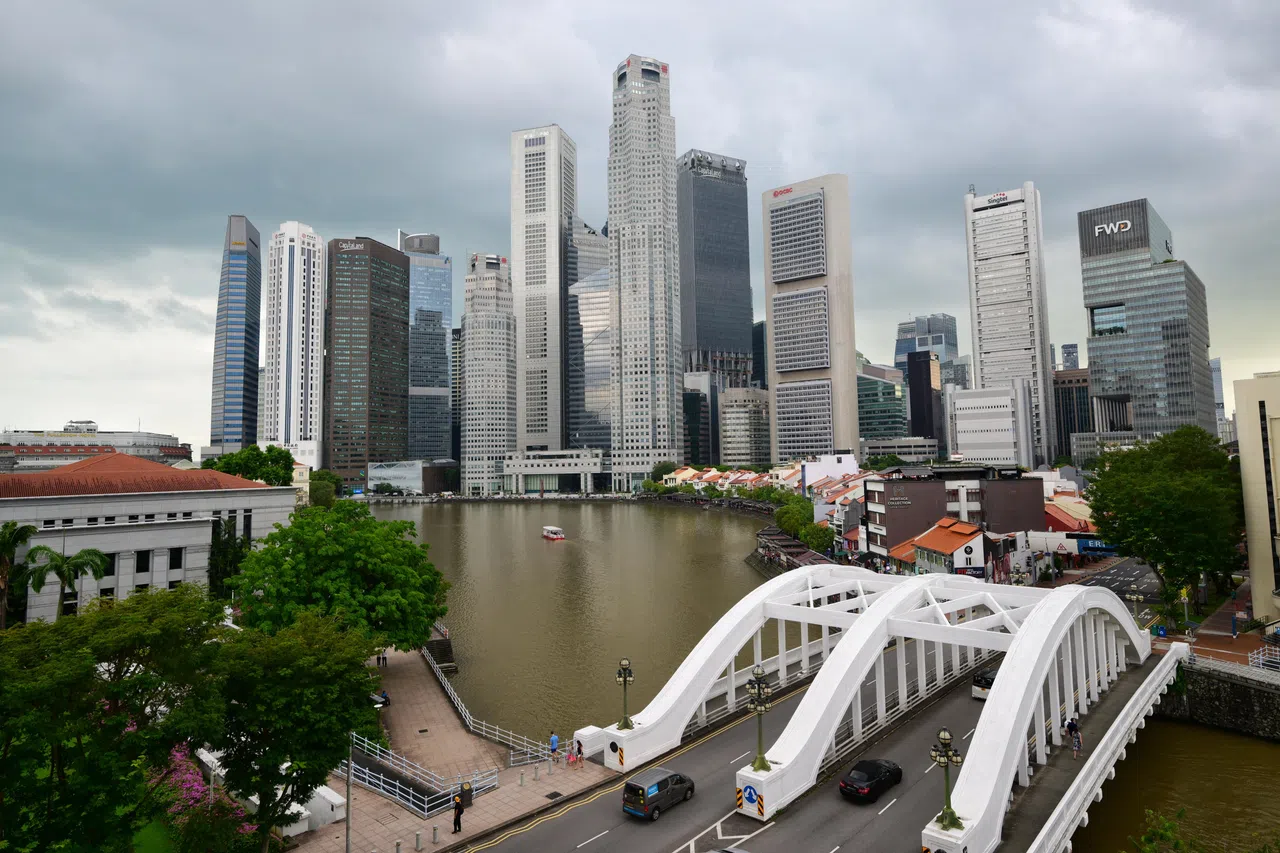SINGAPORE is set to play a “pivotal role” as capital flows shift amid uncertainty, with the world grappling with potential trade tensions in a Donald Trump administration, Citi said in an outlook briefing on Monday (Jan 20).
“We don’t know how it’s going to play out, whether it’s a negotiation tool, or whether (there are) going to be actual tariffs… but I think what we know for sure is that there’s going to be uncertainty,” said Amol Gupte, head of Citi’s Asia South cluster.
Under what is known as the Trump 2.0 trade policy, Trump has threatened to increase levies on Chinese goods to 60 per cent, and to 20 per cent for the rest of the world.
During his first presidency, he hit Chinese goods with a series of tariffs, upending supply chains and pushing many companies to move their manufacturing to countries such as Vietnam.
Gupte said that a trade war does not mean the world will de-globalise, but rather, that trade flows will shift, resulting in new opportunities.
“In those new opportunities, as it pertains to South-east Asia, I think Singapore plays a pivotal role, because Singapore is central to a lot of the financial activity that happens,” he noted.
A NEWSLETTER FOR YOU
Friday, 8.30 am
Asean Business
Business insights centering on South-east Asia’s fast-growing economies.
He added that Singapore will serve as a hub for much of the foreign direct investment that flows into South-east Asia.
“So Singapore serves as the place where a lot of companies will use to raise capital, to raise funding.
“As a result, Singapore will play an extremely important and relevant role in all of those flows that start moving and all the investments that go into and out of South-east Asia… this serves as a very pivotal financial centre.”
He noted that many Chinese companies are also relocating their treasury centres to Singapore. “We’ve seen that as a secure trend for the last three years. It’s not (just) six months or 12 months.”
Supply chains are already shifting amid existing tariffs and export restrictions, with South-east Asia as a big beneficiary.
The rise of artificial intelligence (AI) has led to the need for semiconductor chips. US export restrictions targeting AI chips have boosted investment in Vietnam. The country has also drawn surging investment as companies aim to circumvent tariffs and find new suppliers.
Malaysia has also drawn companies that are moving its manufacturing there, especially in the semiconductor sector. It has already urged Chinese companies to refrain from using it as a base to avoid US tariffs, indicated a Reuters report that cited the country’s deputy trade minister.
Overall, outside the shift in supply chains brought about by geopolitical tensions, trade in the region will increase, bringing about more opportunities.
The trade flows from other emerging markets to Asean are growing and set to continue rising, Citi said at the briefing, citing the region’s trade with India, as well as Chile and Brazil, and the Middle East.
Citi said: “So there’s a level of similarity between Asean and Latin America. We think the corridors between Latin America and South Asia will just get stronger, and there will be more business that happens there.”
Citi’s K Balasubramanian, head of corporate banking, Asia South, noted that in terms of specific markets, commodities are set to be a “very big play” in countries such as Indonesia, Vietnam and India.
“Again, that brings in opportunities, both in terms of exports, as well as in terms of the domestic needs,” he added.







